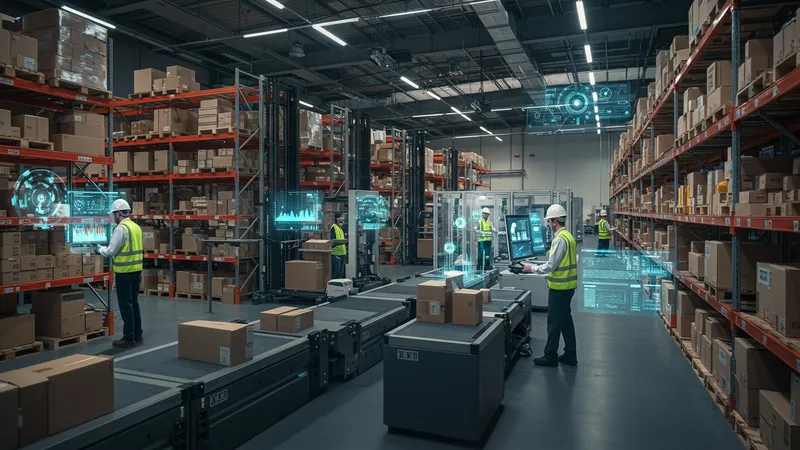
Supply Chains Become Green Agile And Tech Enabled
Competitive Benefits and Future Outlook in the United States
Supply chains that emphasize sustainability, agility, and technology adoption are giving U.S. companies distinct advantages. Firms deploying SAP Integrated Business Planning report shortened order cycles, improved forecast accuracy, and demonstrably lower carbon footprints as measured by the EPA or third-party audits. The competitive edge extends to investor confidence, as more investment funds in the United States screen for supply chain sustainability in portfolio companies.

American companies using IBM Supply Chain Insights are outperforming peers in customer satisfaction indexes. By proactively mitigating delays and shortages, they maintain higher levels of on-shelf product availability and more transparent communication with customers. This focus on service is particularly important in e-commerce and retail, where consumer expectations for speed and traceability are high.
The scalability offered by Oracle SCM Cloud allows mid-sized U.S. manufacturers to compete with larger multinationals. As cloud-based solutions reduce upfront costs and IT overhead, even regional producers gain access to sophisticated procurement, logistics, and environmental tracking systems. This democratization of technology means American supply chains across the board are becoming smarter and more resilient.
Looking ahead, experts predict that U.S. supply chains will continue to lead in integrating artificial intelligence, real-time data sharing, and advanced analytics. As global economic and environmental uncertainties persist, the ability of these supply chains to remain lean, responsive, and ecologically responsible will play a crucial role in keeping American goods flowing and businesses thriving well into the next decade.